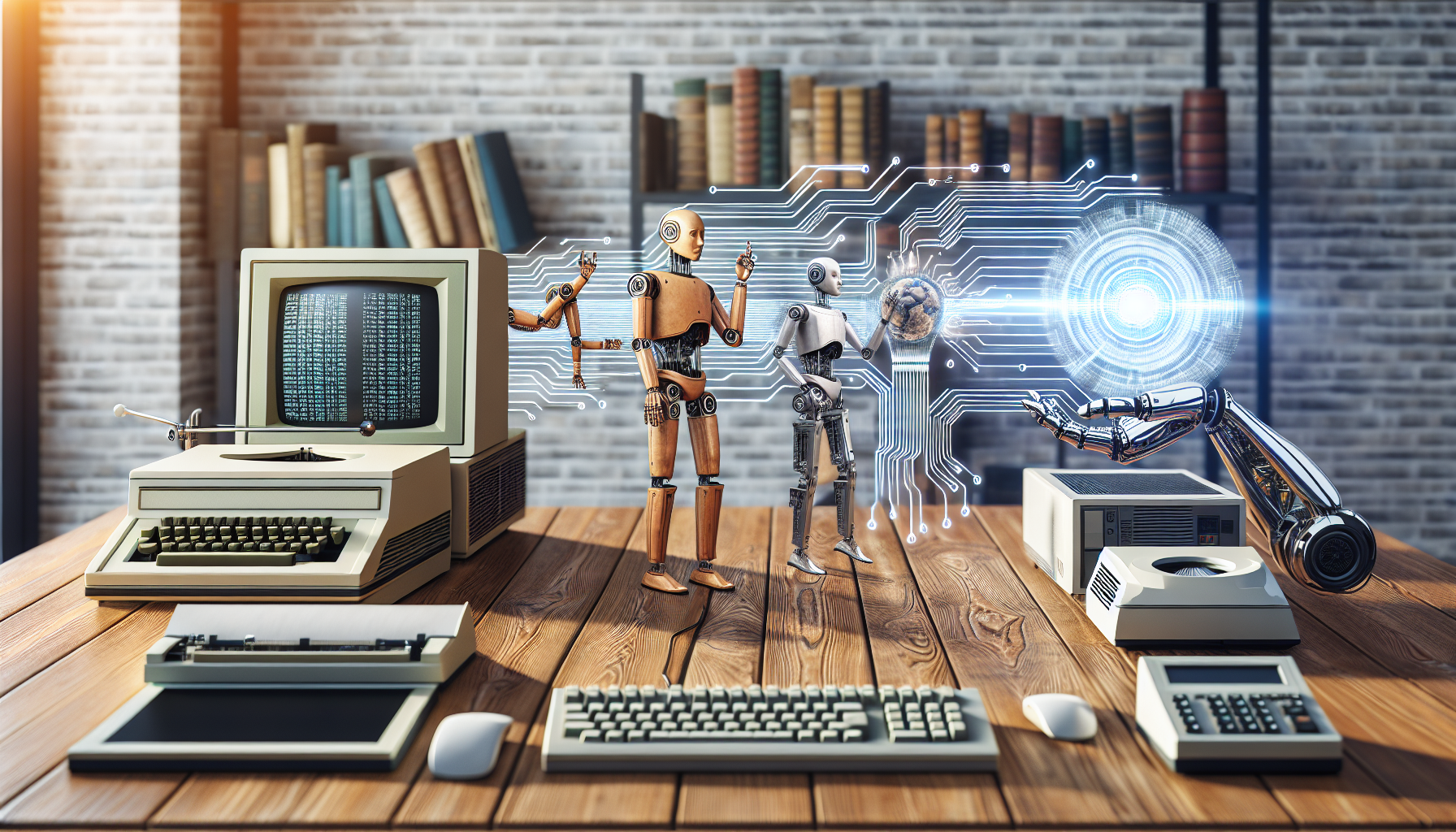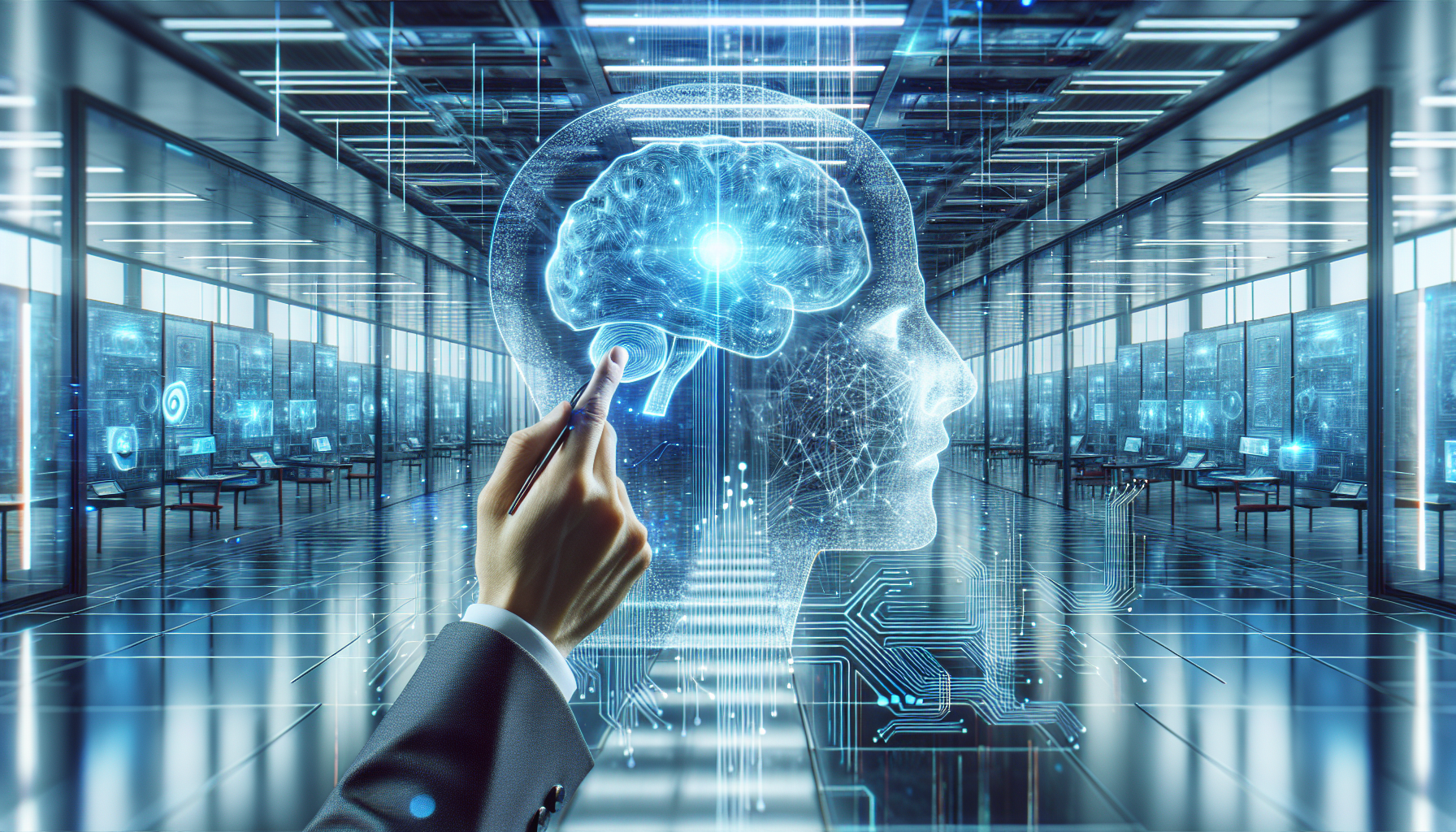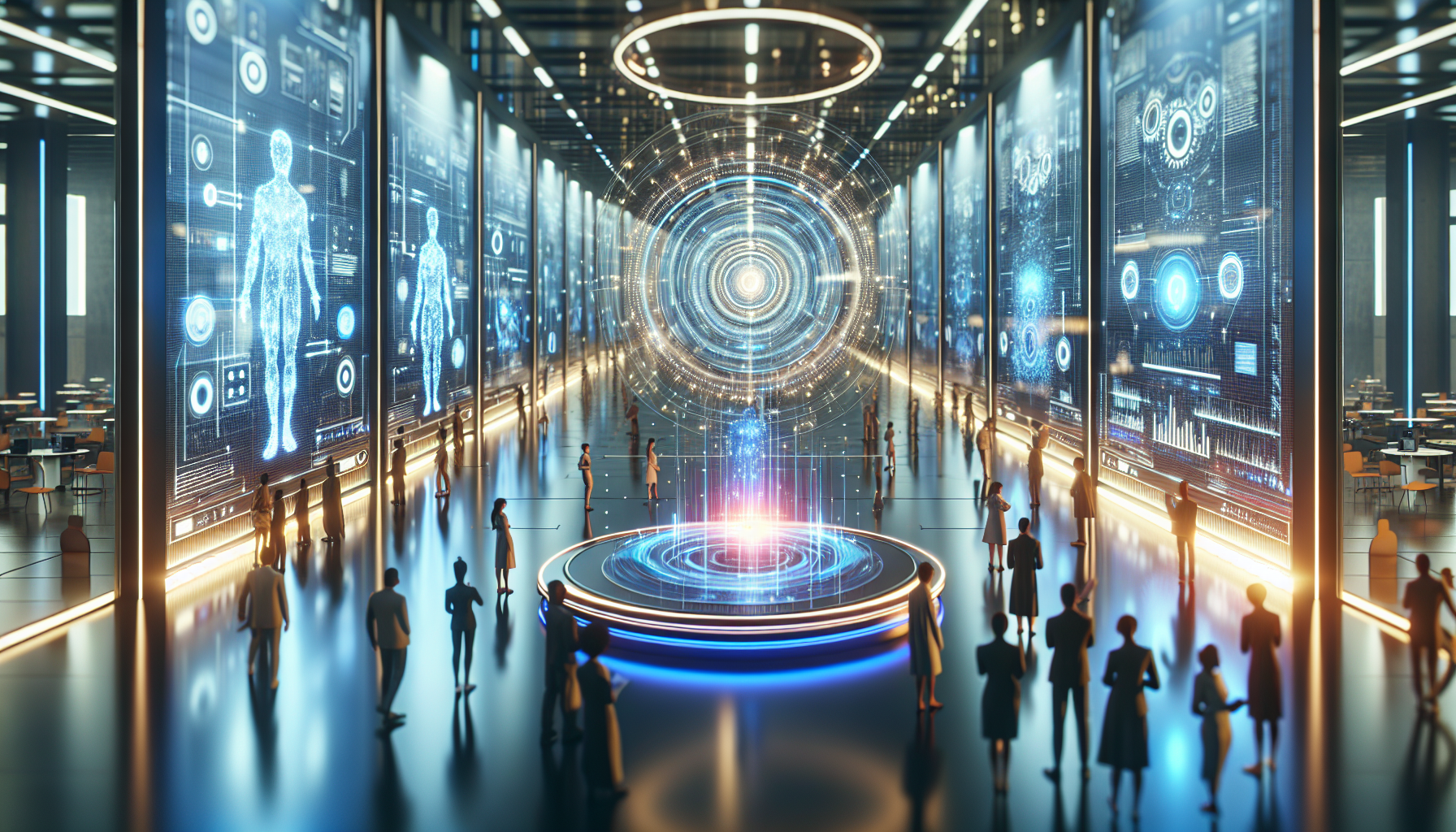
AI and the Future of Work: A Double-Edged Sword for Job Markets
June 24, 2025
Artificial Intelligence has been heralded as both a savior and a saboteur of modern labor markets. As machines become increasingly adept at tasks once reserved for humans, the implications for employment are profound. But while the allure of automation glows brightly, it casts a shadow that cannot be ignored. In this opinion piece, I argue that the unbridled enthusiasm for AI-driven automation may be leading us down a precarious path, potentially widening socio-economic divides and redefining unemployment in an unsettling new way.
The promise of AI is undeniably seductive: greater efficiency, reduced costs, and the elimination of human error. For industries, the transition to AI-driven processes is akin to a technological nirvana. Yet, for workers, the narrative is far less optimistic. Automated systems are not merely augmenting human capabilities—they are replacing them. This displacement is not confined to low-skill, repetitive jobs; AI is encroaching on roles traditionally considered immune to automation, including those in finance, healthcare, and even creative fields.
One might argue that AI could generate new job categories, much like technological advancements of the past. While this is a possibility, the scale and speed at which AI is evolving suggest a more tumultuous transformation. Unlike the industrial revolution, the transition facilitated by AI does not offer the same clear-cut opportunities for displaced workers. The skill gap is substantial and growing, with many workers finding themselves ill-prepared for the digital re-skilling required to thrive in an AI-driven economy.
Moreover, the narrative that AI will create more jobs than it destroys is an oversimplification. This perspective often overlooks the quality and accessibility of the new roles. Many of the jobs created may demand advanced technical skills beyond the reach of those displaced by automation. This divergence fosters a bifurcated labor market where a select few benefit from lucrative opportunities, while a growing underclass struggles to adapt.
The socio-economic implications of AI-driven job market changes are profound. If left unchecked, automation could exacerbate existing inequalities. Consider the economic chasm between those who possess the skills to design and manage AI systems and those who do not. This divide risks entrenching a new form of class stratification, where economic power is concentrated in the hands of a digitally literate elite.
Furthermore, the relentless pursuit of efficiency through AI could erode the very fabric of human-centric work culture. As machines take on more responsibilities, the value placed on human interaction and emotional intelligence in the workplace may diminish. This shift could lead to a sterile, dehumanized work environment where employees are valued solely for their ability to complement AI systems rather than for their unique human qualities.
Governments and policymakers face the daunting task of navigating this complex landscape. The rapid pace of AI development demands a proactive approach to regulation and policy-making. However, the current regulatory frameworks are ill-equipped to address the unique challenges posed by AI. There is an urgent need for policies that not only foster innovation but also protect the workforce from the disruptive impact of automation.
Education systems must also evolve. Preparing the workforce for an AI-dominated future requires a radical rethinking of educational priorities. Emphasis should be placed on digital literacy, critical thinking, and lifelong learning to equip individuals with the skills needed to adapt to relentless technological change. However, this transformation is neither swift nor simple, and the inertia of traditional education systems presents a significant barrier.
As we stand on the precipice of an AI-driven era, it is crucial to question whether we are steering this technological revolution or merely riding its wave. The decisions made today will shape the job markets of tomorrow. It is imperative to strike a balance between embracing the benefits of AI and safeguarding the livelihoods of those who may be left in its wake.
In contemplating the future of work, we must ask ourselves: Are we prepared to redefine the social contract in an age of automation? How do we ensure that the rise of machines does not come at the cost of human dignity and opportunity? These questions demand urgent attention as we navigate the uncertain waters of AI and the workforce. The answers will determine whether AI becomes a tool for collective progress or a catalyst for division and disenfranchisement.


